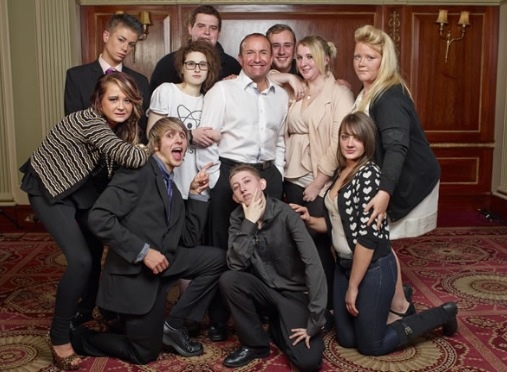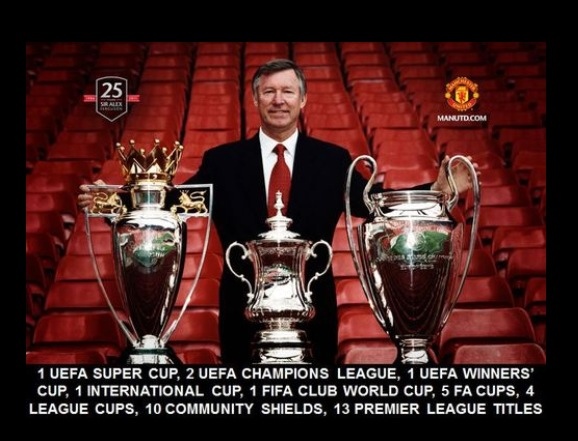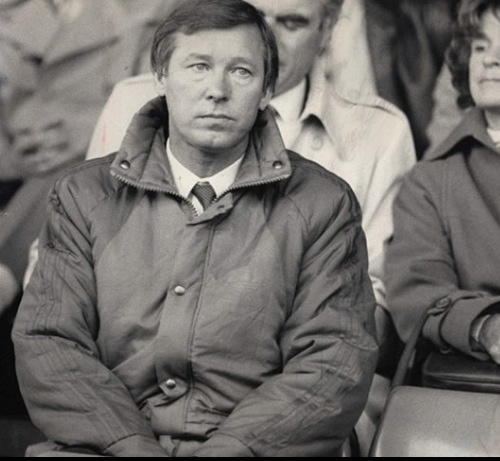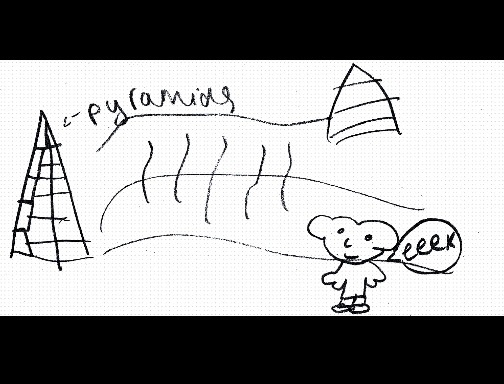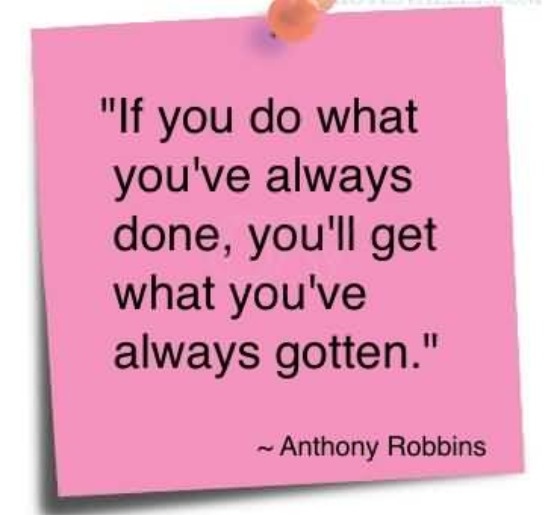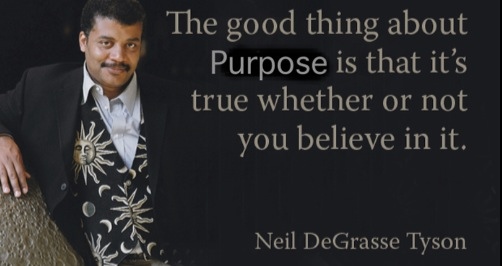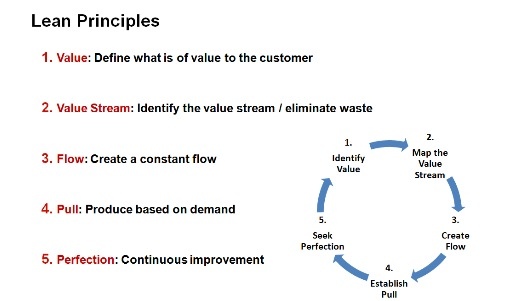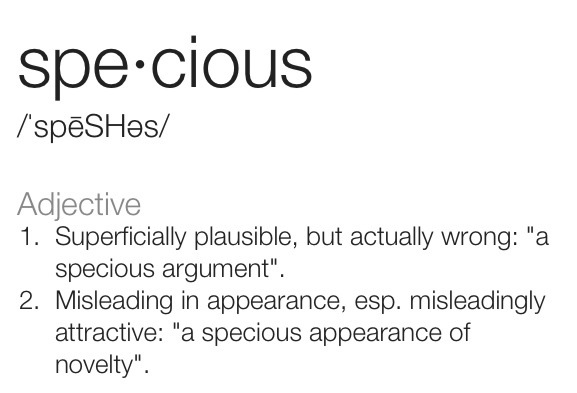I recently got round to watching a programme I had been meaning to watch for a while after I saw the trailer for the show.

The programme in question was called: Secret Millions. The series aired and was backed by Channel 4 and the Big Lottery Fund who I used to work for. The idea behind the show was to make £2 million per episode available to back radical ideas tackling some of Britain’s big issues.

The show put entrepreneurs and celebrities in with charities in amongst the work and on the frontline developing innovative and ground-breaking projects that could have profound, positive effects for those in need tackling some of Britains biggest issues, while secretly trying to help secure £2 million of Lottery money that could turn the big idea into reality.
With youth unemployment increasing and now nearly 1 million people under 25 not in work, job centres are failing in my opinion to engage young people with the idea of finding a job. But what if the job centre was reinvented by young people, for young people? (designed by the customer for the customer, in other words).
Dave Fishwick was tasked with tackling this issue.
Straight-talking, self-made millionaire Dave Fishwick is one of the biggest suppliers of minibuses in Britain and in 2011 he took on the banking industry and successfully fought to open his own bank, so he is used to radical thinking.
 ^^My name is Dave and I don’t much care for your banking system and how you run it.
^^My name is Dave and I don’t much care for your banking system and how you run it.
In this episode the show secretly put Dave Fishwick in amongst the Foyer Foundation as a worker tasked with helping the foundation drive a new initiative called ‘Pop-up Talent Shops’, going into the heart of deprived communities. The Foyer Federation wanted to deal with high youth unemployment head on, and had devised a project where instead of the unemployed going to job centres, employers go to them in the setting of a pop-up talent shop – run by young people. The job shop could pop up anywhere from shopping centres, to community centres or even on the streets. Designed to encourage young people into the work place, often away from crime, the shop introduces local employers to people they would never normally consider hiring. In the Talent shops businesses can display what they do and potential employees can try, have a go, ask questions and potentially get taken on be given an apprenticeship or go for a trail run at different jobs.
One of the businesses commented in the programme that he had signed up with the job centre in the past to do his recruitment as well as numerous agencies and had had issues and had found that although the people recommended to him by the job centre were nice people they were not right for the jobs and he wondered and doubted whether the job centre or the agencies had even profiled someone correctly. He further commented that he thought at times that job centres:
“seem to be putting people in jobs just for the sake of it so that they change the figures they report, hit a target get someone off the book.what they should be doing is getting it right for the individual get them in the right job first time, rather than the wrong job loads of times”
Dave Fishwick went round meeting young people living in some of the the Foyer Federation’s homeless hostels, Dave went looking for those with a strong work ethic (5% of the system, no one tries harder, behaviours) to create, design and run the new job centre (the system 95%).

The aim of the programme was to reduce the failure of job centres, agencies constantly putting people in the wrong jobs just to meet their purpose( hitting their target, better government figures, getting a bonus), which meant that they failed to meet their customers need/purpose (the employee).
If the cycle isn’t broken and systems thinking is not applied then all that will happen is just just moving the figure around or “hiding” it, rather than tackling it.
Dave’s main aim was to inspire youths and try and release them from the fear and control of looking for a job and been put into jobs that the targets say would want them to be in rather than the jobs they need to be in.
See Alan Watts: What do you Desire
He focused on the system, changed the inputs, raised the knowledge and closed the gaps on the failure and the outputs changed for the right reasons.
Of the ten people that Dave found to help run the shops, all of them have since found jobs and have maintained them jobs and all commented that although some of them are not in the best paid jobs, they are for the first time in their life’s in jobs that they can see as a career as a opposed to just another job.
Added to that he secured the Big Lottery Funding of £2 million and the project is being trailed on a larger scale and the initial signs are good.

